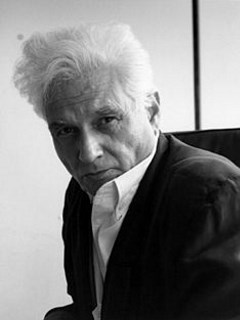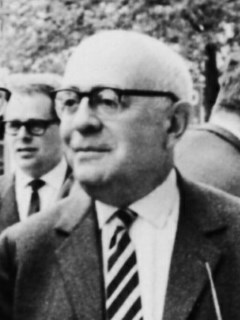
Publication details
Publisher: Palgrave Macmillan
Place: Basingstoke
Year: 1999
Pages: 92-124
ISBN (Hardback): 9780333711446
Full citation:
, "Spectre and impurity", in: Ghosts, Basingstoke, Palgrave Macmillan, 1999


Spectre and impurity
history and the transcendental in Derrida and Adorno
pp. 92-124
in: Peter Buse, Andrew Stott (eds), Ghosts, Basingstoke, Palgrave Macmillan, 1999Abstract
These remarks are, I suppose, metacritical in a sense. They wish to oppose the dominating falsities and complicities of postmodernist and historicist criticisms and theories. But that engagement will remain pretty much implicit, emerging indirectly through a rather abstract rehearsal of the political and philosophical questions concerning, demanding, and outstripping abstraction itself, questions no thinking of difference can bypass without falling into something worse. I will be taking to heart Walter Benjamin's observation that a truly materialist thought can be found only the far side of "the frozen waste of abstraction".2 To name problematical names, this piece is in fact the propaedeutic to another confrontation of dialectics with deconstruction. These are the bodies of writing which promise, in various and countervailing ways, a thinking of non-identity or difference that does not relapse into dogmatic materialism or particularism — idealism's bad inversions, the unthematized abstractions of so much other theory. Now, while this is already to state a convergence of key interests, some kind of jejune synthesis of the writers who are my principal concern — Theodor Adorno and Jacques Derrida — is not being proposed here.
Cited authors
Publication details
Publisher: Palgrave Macmillan
Place: Basingstoke
Year: 1999
Pages: 92-124
ISBN (Hardback): 9780333711446
Full citation:
, "Spectre and impurity", in: Ghosts, Basingstoke, Palgrave Macmillan, 1999




